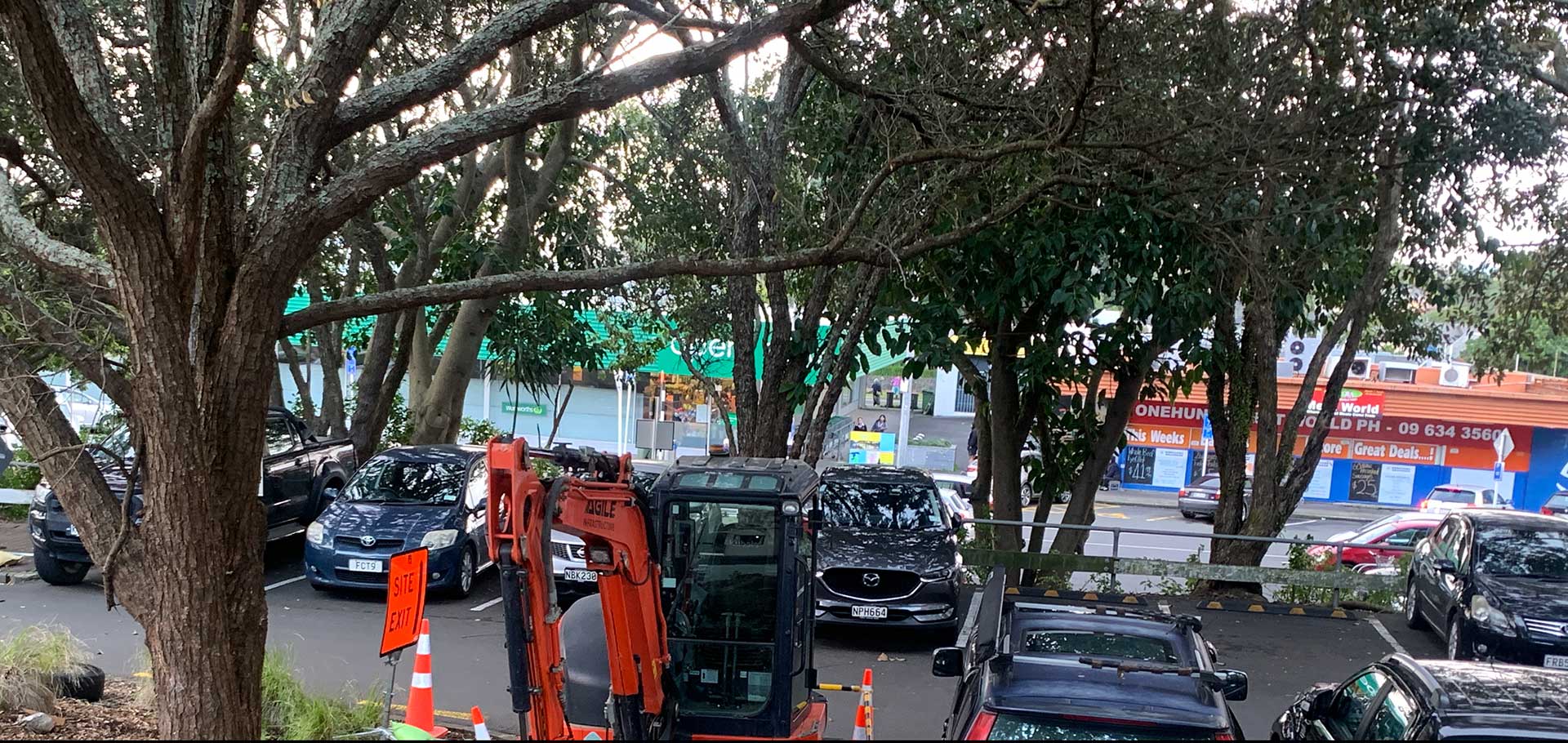Schools monitor stream health2 min read
Reading Time: 2 minutesThe Onehunga People’s Garden has teamed up with two local schools to not only improve the maintenance of their patch, but also to engage students in creating a better environment.
It started when students from Royal Oak Intermediate (ROI) took part in the Experiencing Marine Reserves programme, which connects schools and communities with the marine resources of New Zealand. Their project involved comparing the water quality of a stream on Goat Island with one in Onehunga; the stream running through the People’s Garden was an ideal testing location. They tested the water quality, including pH levels from both streams and compared the results. The pupils then designed a programme to help improve the water quality of the garden’s stream.
Sheryl Campbell, the ROI teacher who led the project, also contacted Onehunga High School (OHS) science teacher, Brendon Marshall, and as a result, the high school’s EnviroClub has joined the project. Sheryl says many of her pupils will move on to OHS soon, and the great thing about the collaboration between the schools is that the students will be able to continue being part of the project.
Water samples have also been sent for E-DNA testing, which can detect invisible traces of animal and plant matter, such as fish scales. From this, the students are building up a picture of the species of fish, insects and plants living in the stream. They will soon be taking over management of a stretch of the stream, and will be weeding and planting the verges, while continuing to monitor the water quality and flora and fauna.
Brendon Marshall says having students learn about the environment by taking part in local projects makes the subject more relevant for them. He says there is an “immediacy” to what they are doing, and rather than learning by reading books, they are seeing the direct results of how human activity can affect the environment.
The plan is to eventually expand the programme to engage all the local schools that are part of the Kāhui Ako (Community of Learning), which brings together all the Onehunga-Te Papapa schools.



